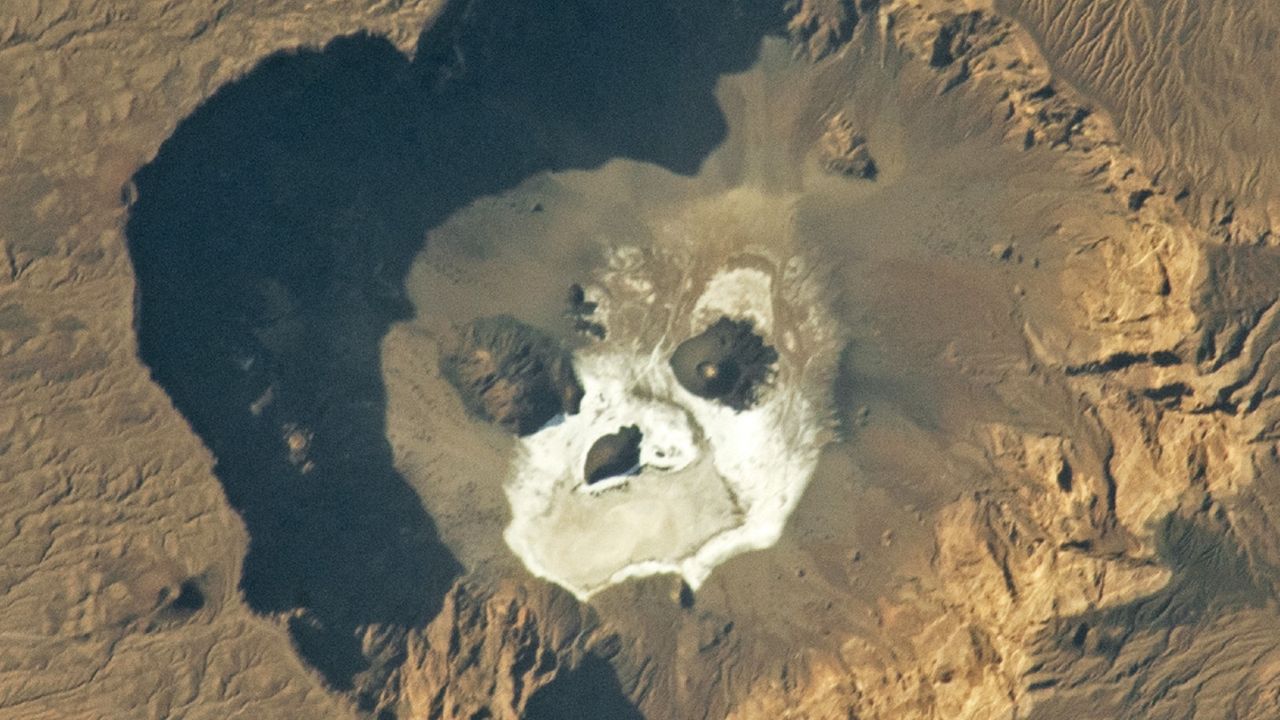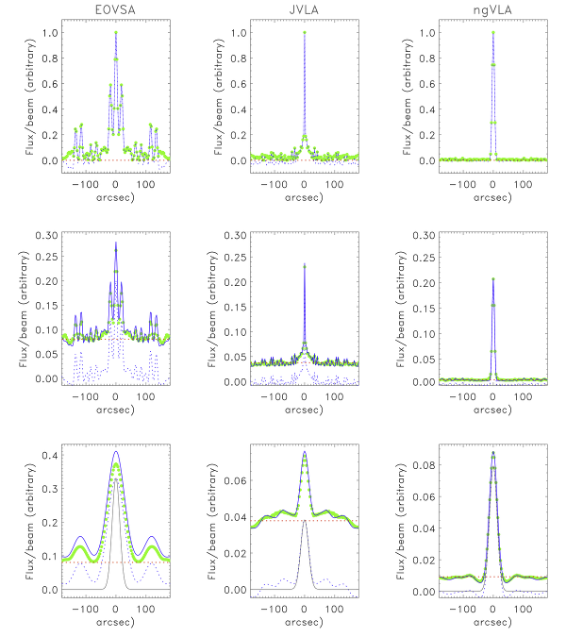Why Ozempic and Wegovy Don’t Cause Weight Loss for Everyone
NeutralScience
Recent research is shedding light on why GLP-1 drugs like Ozempic and Wegovy don't lead to weight loss for everyone. Scientists are investigating the role of genetics in determining how individuals respond to these medications. This is important because understanding these differences can help tailor treatments for better outcomes, ensuring that more people can benefit from these weight loss solutions.
— Curated by the World Pulse Now AI Editorial System







